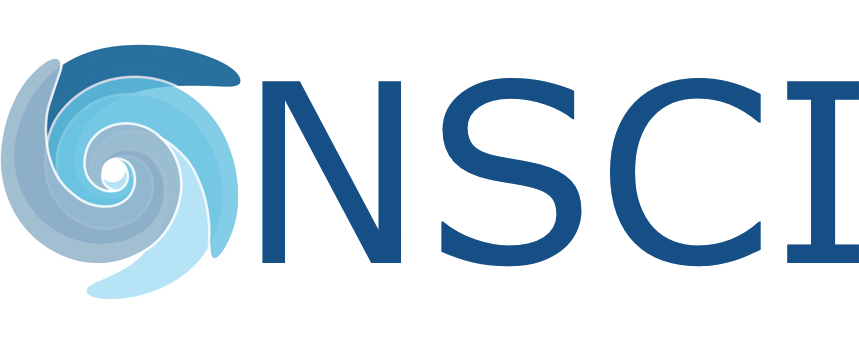This week Dr. Boles and Dr. Kiehl will be attending a workshop on “Data Science, Learning, and Applications to Biomedical & Health Sciences” at the New York Academy of Sciences (NYAS) in New York City. This workshop is jointly sponsored by the National Science Foundation, Rutgers Institute for Data Science, learning, and Applications (I-DSLA), Columbia University Data Science Institute and the NYAS.
[su_spacer]
Dr. Boles will present their work in a talk entitled “Big Data Access and Infrastructure: Case Studies in Data Repository Utility.” In this talk he will address the needs of biological researchers to access and analyze large,complex, data sets.
[su_spacer]
NSCI will also be represented with two other posters dealing with big data as it relates to particular efforts at the institute and to small organizations.
[su_spacer]
- Regarding engaging big data with limited resources – “Big Data and Small Labs: Nose-to-tail informatics on the front lines of the data deluge”
- In collaboration with Dr. Charles Bergeron from Albany College of Pharmacy and Health Sciences – “A pipeline for a growing data resource: Electrophysiological behavior of in-vitro cell cultures”
[su_spacer]
Find out more about the workshop at the NYAS website. From the workshop organizers:
[su_spacer]
“This workshop aims to develop a research agenda for this area and enable connections and collaborations among scientists from academia, industry, and government, clinicians and investigators engaged in technology development, deployment, and use.
[su_spacer]
The workshop will provide a forum for these investigators to assess the state-of-the-art, identify related challenges and propose solutions to address enhancing the utility of “Big Data”. The overarching goal of these endeavors will be to incorporate the capabilities of ‘Big Data” technology toward understanding normal biological and disease processes at the population, individual patient, and cellular levels.”
The workshop will provide a forum for these investigators to assess the state-of-the-art, identify related challenges and propose solutions to address enhancing the utility of “Big Data”. The overarching goal of these endeavors will be to incorporate the capabilities of ‘Big Data” technology toward understanding normal biological and disease processes at the population, individual patient, and cellular levels.”


Leave a Reply